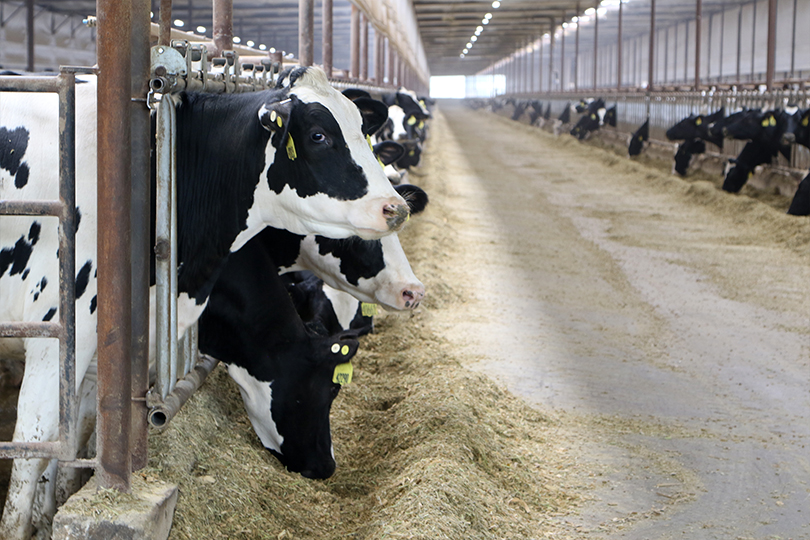By Jennifer Whitlock
Field Editor
Just days after a meeting between the three North American countries to discuss issues regarding U.S.-Mexico-Canada Agreement (USMCA) trade, U.S. Trade Representative (USTR) Katherine Tai’s office announced an action against Canada’s implementation of negotiated dairy tariff-rate quotas (TRQs).
In her request for a dispute settlement panel as established under USMCA, Tai asked that measures adopted by the Canadian government be reviewed, because they undermine the ability of American exporters to sell a wide range of dairy products to Canadian consumers.
Those actions are in direct contradiction to USMCA, where TRQs are intended to allow increased access to U.S. dairy products.
“A top priority for the Biden-Harris administration is fully enforcing the USMCA and ensuring that it benefits American workers,” Tai said. “Launching the first panel request under the agreement will ensure our dairy industry and its workers can seize new opportunities under the USMCA to market and sell U.S. products to Canadian consumers.”
TRQs apply a preferential rate of duty to an in-quota quantity of imports and a different rate to imports above the in-quota quantity.
Under USMCA, Canada has the right to maintain TRQs on 14 dairy products: milk, cream, skim milk powder, butter and cream powder, industrial cheeses, cheeses of all types, milk powders, concentrated or condensed milk, yogurt and buttermilk, powdered buttermilk, whey powder, products consisting of natural milk constituents, ice cream and ice cream mixes and other dairy.
But Tai said Canada has been setting aside and reserving a percentage of the quota for processors and “further processors,” which is against the nation’s USMCA commitments. The actions undermine the value of Canada’s dairy TRQs for U.S. dairy farmers and exporters by limiting access to in-quota quantities negotiated under USMCA.
Consultations under the dispute process began last December but did not resolve in dispute settlement. Although this is the first dispute settlement panel established since USMCA entered into force on July 1, it is not the first enforcement action initiated by the U.S.
Earlier this year, Tai requested Mexico’s cooperation on an environmental enforcement matter. Then in May, the U.S. made a request under USMCA’s Facility-Specific Rapid Response Labor Mechanism that Mexico conduct a review into whether a denial of rights was occurring for workers at a General Motors of Mexico facility in Guanajuato.
“These enforcement actions reflect the Biden-Harris administration’s deep commitment to enforcing the USMCA and to ensuring that U.S. trade policy works for America’s workers,” a statement from Tai’s office said.
The panel request is available here.

